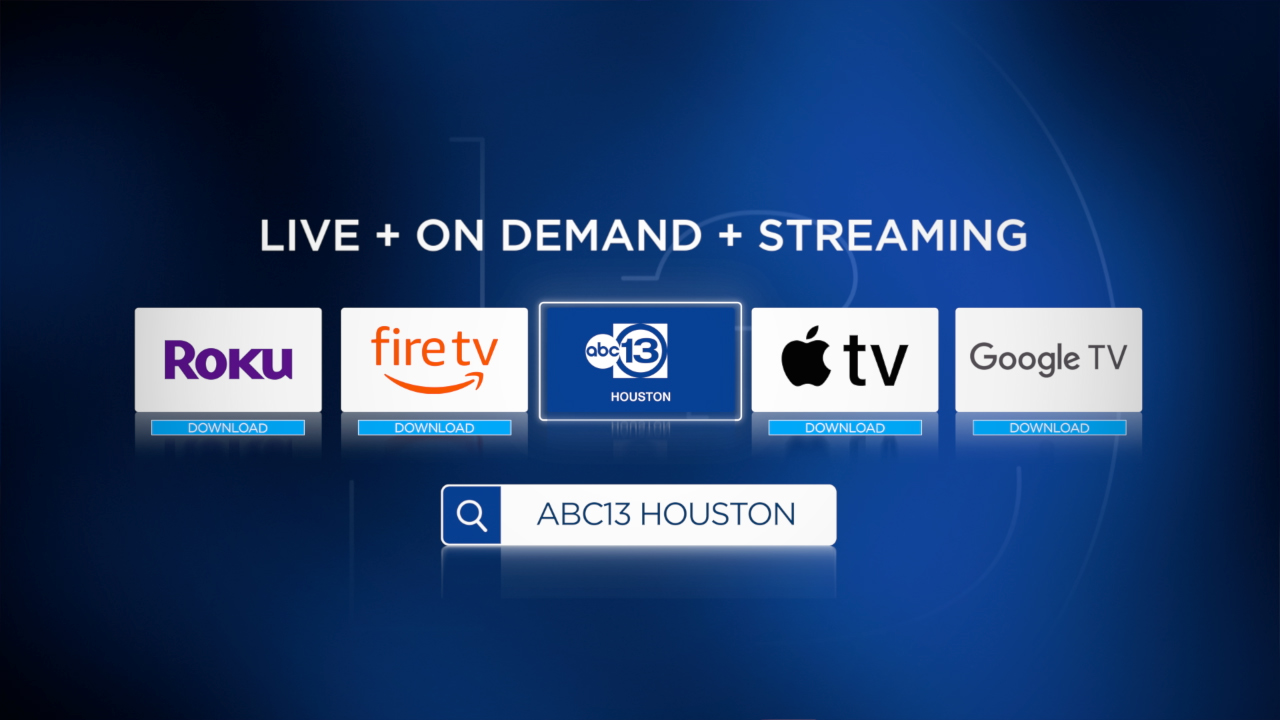Black LGBTQ+ activists join ABC13 for town hall on Black Pride and mental health

HOUSTON, Texas (KTRK) -- The ballroom at the Doubletree Hilton near Houston's Bush Intercontinental Airport is like many across the city, but Harrison Guy felt a palpable energy humming between its banquet tables, adorned in white linen.
"I just think the world of Black LGBTQ people," Guy said, adding, "because I know the magic we bring to the room."
Guy, the founder of Urban Souls Dance Company, was one of six activists invited to speak at an Action 13 town hall during May's Black Queer Advancement Festival.
You can watch the full town hall in the video player above.
He said he wanted to highlight joy and hope in our conversation on mental health, but he also came to advocate for truth.
"Some of us have no demonstration of love, no demonstration of care, no demonstration of trust," Guy said. "Some of the vulnerability we're talking about, some of the brave and courageous spaces we're trying to create, we can't create them because we don't trust the space."
While LGBTQ+ people are facing a tense climate in the face of hundreds of bills directed against the community, those who are Black experience greater disparities when it comes to jobs and employment, housing and health care, said Ian Haddock, founder of the nonprofit The Normal Anomaly Initiative.
During our hour-long discussion, ABC13 digital producer and anchor Brittaney Wilmore led panelists on an exploration of Black Pride, coming out and how best to address mental health concerns while grappling for a seat at the table.
Panelists for our town hall included:
- Amir Diamond, "The Afternoon Hustle" host on Vibe Houston
- Harrison Guy, Houston Mayor's LGBTQ Advisory Board
- Nishia Jackson, Promoter and LGBTQ activist
- Ian Haddock, The Normal Anomaly Initiative, Inc. executive director
- Jotina Buck, Mental health counselor and educator
- Joelle Espuet, The Normal Anomaly Initiative, Inc. programming director
The panel also discussed what it means to be a true ally of the Black LGBTQ+ community, from leveraging privilege to combating performative allyship.
"People love to say they're allies. I prefer 'accomplice,' because that means we're both going to jail," Espuet said, to laughs.
ABC13 is proud to be the official television partner of the Black Queer Advancement Festival.
3 Tips for Engaging in Unconditional Love
Buck, a licensed professional counselor, offered a compelling exercise on how to show more love for yourself and others:
1. Check in with yourself about where you are in your own love center
She said showing more unconditional love for yourself requires a willingness to unlearn old patterns, toxic thoughts and ways of being we've picked up over the years.
"To be Black is one thing, in and of itself. To grow up in a Black family is one thing, in and of itself," Buck said. "A lot of what we're combating and experiencing is cultural, too. 'What my mom and them said. What my auntie and them said.'"
2. Consider your own compassion
When you are offended, you exercise love by finding the space to pause and consider what's happening in the life of your offender.
If you can get beyond the transaction of the offense or difference, Buck said you position yourself to lead in healing questioning:
- "What happened to you?"
- "What do you need?"
- "How can I support you?"
- "Can I give you another way to respond to me?"
3. Be radically transparent
"When you feel unloved," Buck said, "say you aren't feeling loved and what you need."












